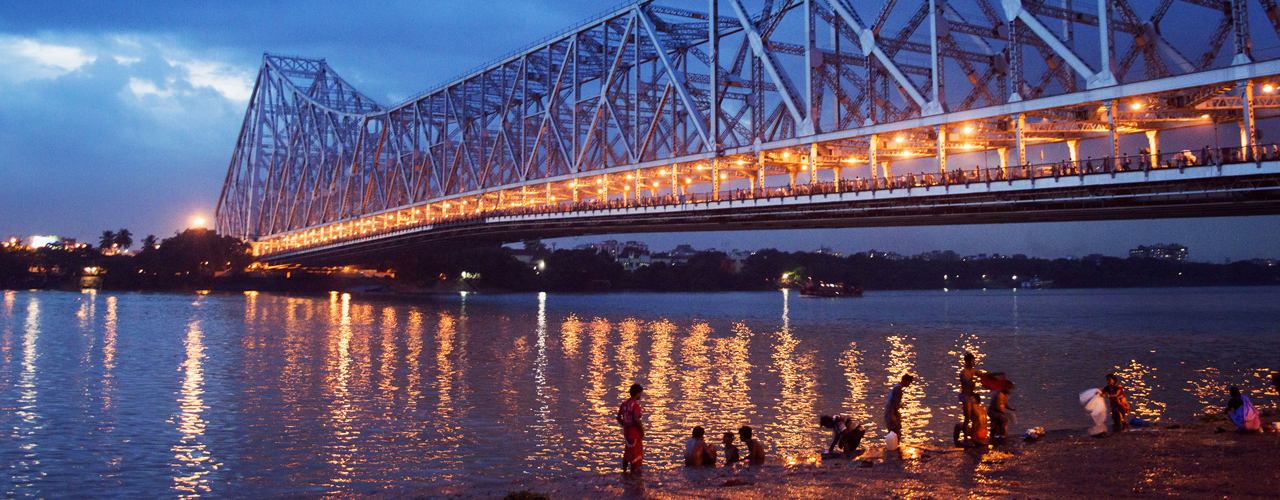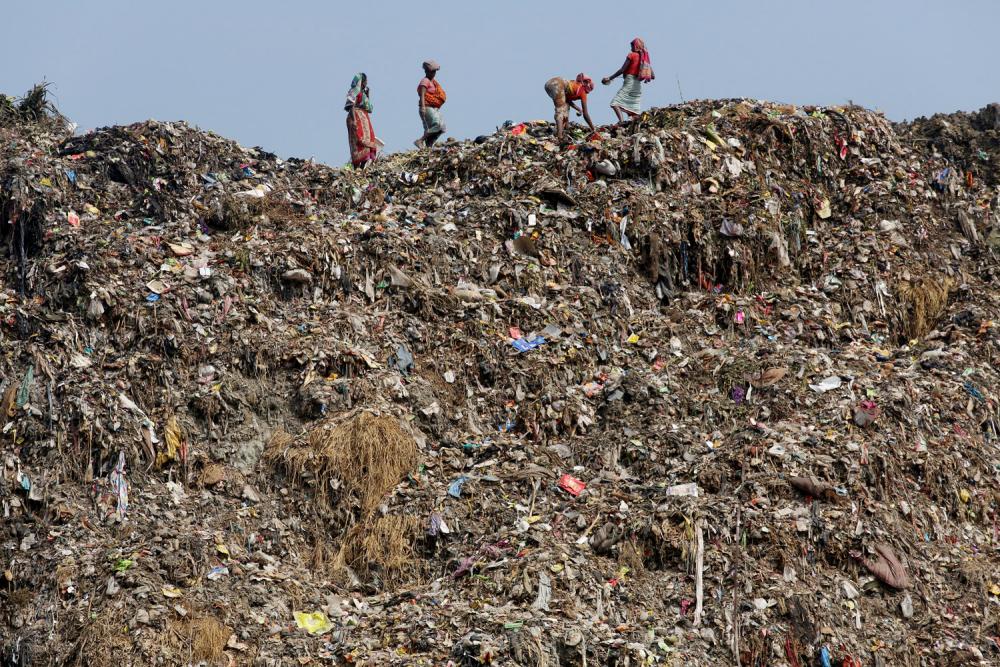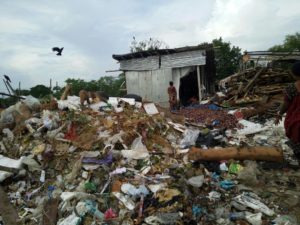CLIMATE SMART INITIATIVE


India waste scenario
As a contributor to global climate change, waste ranks third behind energy and transportation. India generates about 60 million tonnes of trash every year. Ten million tonnes of garbage is generated in just the metropolitan cities: Delhi, Mumbai, Chennai, Hyderabad, Bangalore and Kolkata and more than 5000 tonnes of solid waste is generated per day in just Kolkata.
According to experts, instead of constructing new landfill sites, it is now imperative to look into innovative methods to dispose and recycle its waste. The reason why most landfill sites are over flowing is because the current waste disposal system is flawed and ruthless.More than 50% of the urban poor are engaged in the waste trade as collectors, segregators or suppliers. Due to improper, unfiltered & non-segregated waste disposal system in the cities, they are exposed to various health risks. 57% of Kolkata slum dwellers thrive by scavenging this garbage, configuring a vulnerable social segment as victims of poverty & held convicts for rising social abuse.

High emission from Waste
Dumping of unsegregated and unfiltered waste into the landfills is creating a clear and obvious threat to human health as well as a threat to our environment from the hazardous contaminated air emissions emitted from the landfill bio-degradation. There are over ten toxic gases released from landfills, of the most serious of which is methane. Methane gas is naturally produced during the process of decay of organic matter. As methane gas is formed, it builds up pressure and then begins to move through the soil. In a recent study of 288 landfills, off-site migration of gases, including methane, has been detected at 83% of these landfill sites. Methane is a more potent greenhouse gas than carbon dioxide.
It has also been shown that people living close to landfills suffer from lung and heart diseases from the toxic gasses that are released from the landfill degradation.
Another key environmental problem is groundwater pollution from leachates (the liquid that drains or ‘leaches’ from a landfill). Several studies have shown that even though municipal landfills may not legally receive “hazardous” wastes, the leachate they produce is as dangerous as leachate from hazardous waste landfills.
The major issue caused with landfill leachates is the leakage of a large number of toxins into fresh water waterways, which ultimately end up in our homes as drinking water or water for everyday use. The compounds submerge to the ground, to the ground water, and inevitably to our dinner tables. The pollution is also severely harmful to animal and plant life.
